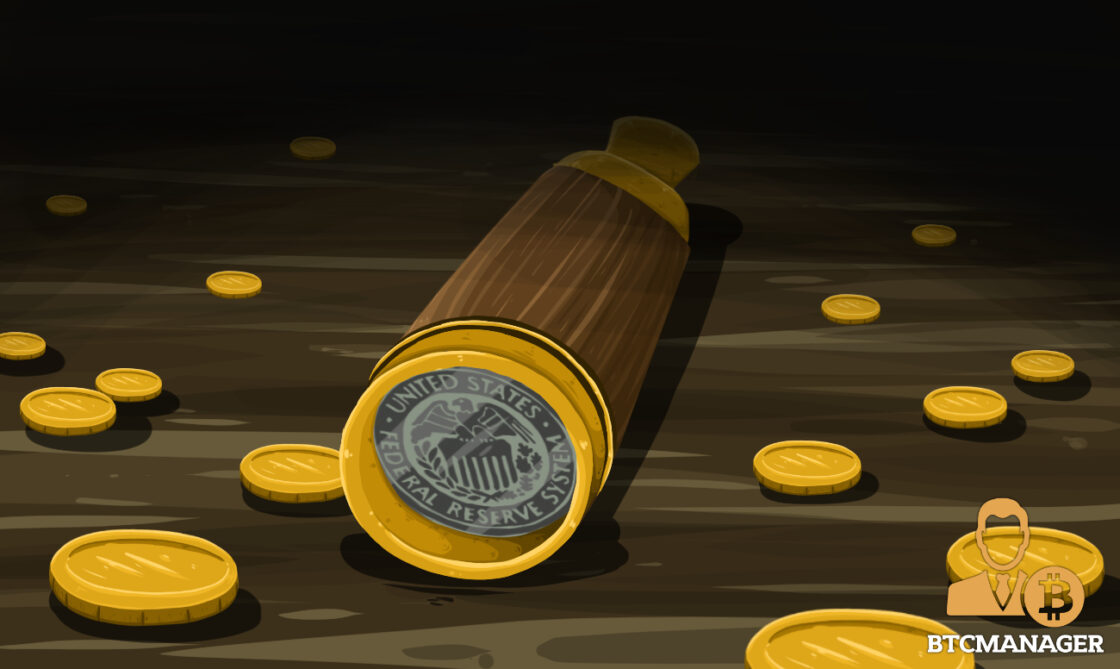PALO ALTO, Calif. (Reuters) - The Federal Reserve is looking at a broad series of problems around digital payments and currencies, including policy, style and legal considerations around fed coin stock potentially providing its own digital currency, Governor Lael Brainard stated on Wednesday. Brainard's remarks recommend more openness to the possibility of a Fed-issued digital coin than in the past." By transforming payments, digitalization has the possible to provide greater worth and benefit at lower cost," Brainard stated at a conference on payments at the check here Stanford Graduate School of Company.
Main banks worldwide are disputing how to manage digital finance innovation and the distributed journal systems used by bitcoin, which guarantees near-instantaneous payment at possibly low cost. The Fed is developing its own day-and-night real-time payments and settlement service and is presently reviewing 200 comment letters sent late last year about the proposed service's style and scope, Brainard stated.
Less than two years ago Brainard told a conference in San Francisco that there is "no compelling demonstrated need" for such a coin. But that was prior to the scope of Facebook's digital currency aspirations were widely understood. Fed authorities, including Brainard, have raised concerns about consumer protections and information and personal privacy hazards that might be posed by a currency that could enter into usage by the 3rd of the world's population that have Facebook accounts.
" We are collaborating with other reserve banks as we advance our understanding of reserve bank digital currencies," she stated. With more countries looking into releasing their own digital currencies, Brainard said, that contributes to "a set of factors to likewise be making certain that we are that frontier of both research and policy development." In the United States, Brainard stated, problems that require research study include whether a digital currency would make the payments system safer or easier, and whether it might position financial stability risks, consisting of the possibility of bank runs if cash can be turned "with a single swipe" into the main bank's digital currency.
To counter the financial damage from America's unmatched nationwide lockdown, the Federal Reserve has actually taken extraordinary steps, including flooding the economy with dollars and investing directly in the economy. The majority of these relocations got grudging approval even from many Fed doubters, as they saw this stimulus as needed and something only the Fed might do.
My brand-new CEI report, "Government-Run Payment Systems Are Risky at Any Speed: The Case Against Fedcoin and FedNow," details the dangers of the Fed's existing plans for its FedNow real-time payment system, and propositions for central bank-issued cryptocurrency that have been dubbed Fedcoin or the "digital dollar." In my report, Helpful hints I go over issues about personal privacy, data security, currency control, and crowding out private-sector competition and development.
Proponents of FedNow and Fedcoin say the federal government must create a system for payments to deposit instantly, instead of motivate such systems in the economic sector by raising regulative barriers. But as noted in the paper, the economic sector is supplying a seemingly unlimited supply of payment innovations and digital currencies to solve the problemto the degree it is a problemof the time space in between when a payment is sent and when it is received in a bank account.
And the examples of private-sector innovation in this location are many. The Clearing Home, a bank-held cooperative that has been routing interbank payments in different forms for more than 150 years, has actually been clearing real-time payments because 2017. By the end of 2018 it was covering half of the deposit base in the U.S.
